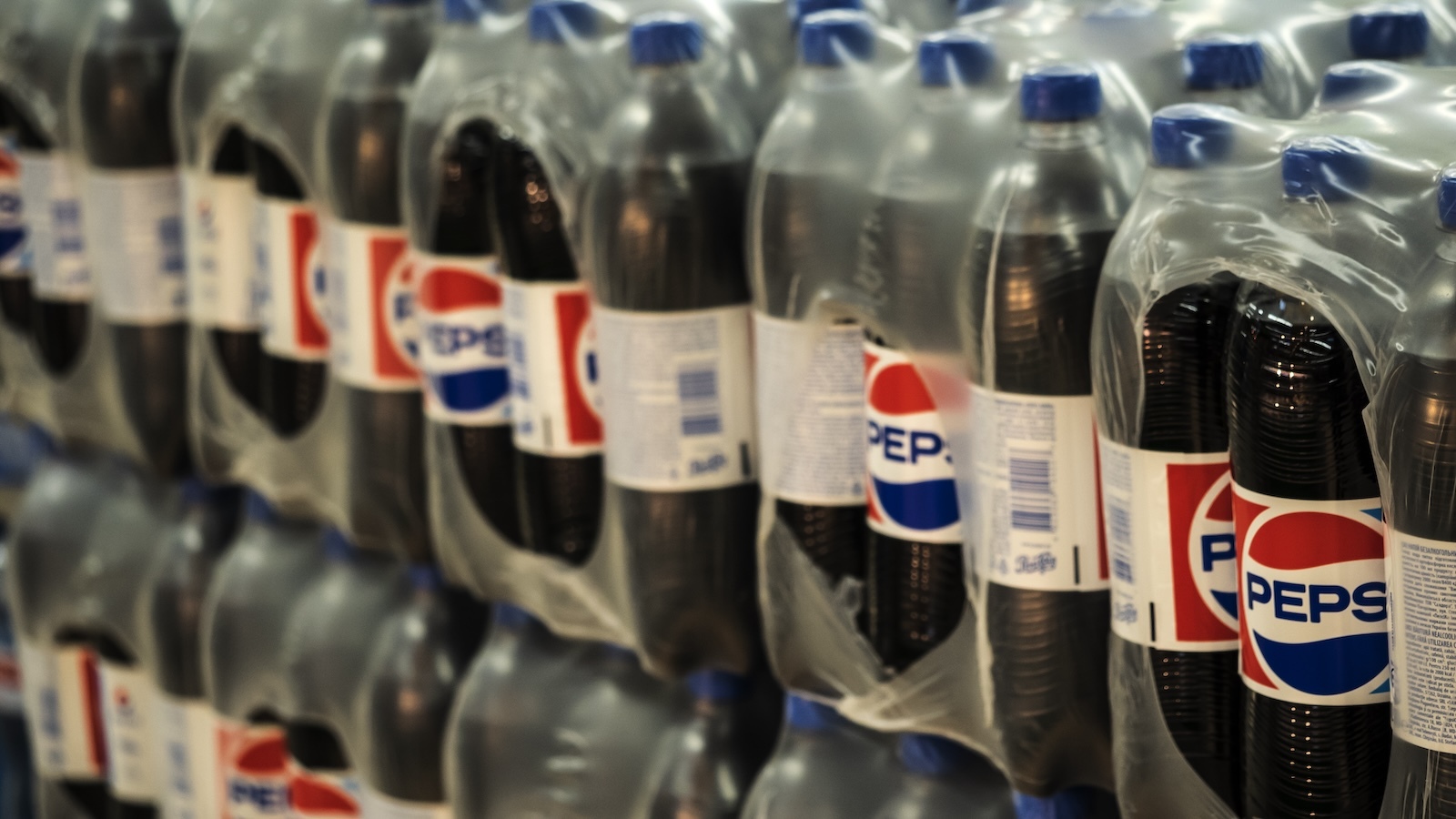The company’s packaging was found to be the most significant contributor to plastic waste clogging the Buffalo River.
Plastic trash produced by the company PepsiCo has become a “persistent and dangerous form of plastic pollution” for residents of the Buffalo River watershed in upstate New York, according to a new lawsuit filed Wednesday.
The suit, brought by New York Attorney General Letitia James, is one of the first legal challenges from a state against a major plastic producer. It draws on a 2022 investigation from James’ office in which PepsiCo-branded plastic packaging was found to be by far the most significant contributor to plastic waste clogging the Buffalo River and its tributaries. Out of nearly 2,000 pieces of plastic trash collected at 13 sites along the waterways, PepsiCo products — which include brands like Aquafina, Cheetos, Gatorade, and Lay’s — accounted for more than 17 percent of those with identifiable branding.
All that plastic litter is breaking down into tiny fragments — microplastics — that are winding up in Buffalo’s water supply and the fish that people eat. Some of the chemicals contained in microplastics are carcinogenic, and researchers have raised concerns that the particles could cause reproductive dysfunction and other maladies.
“PepsiCo’s irresponsible packaging and marketing endanger Buffalo’s water supply, environment, and public health,” James said in a statement.



I’m all about glass. Recyclable, turns into sand eventually, all that. But we gonna burn more fuel to move all that extra mass around?
Love states that charge extra for containers and provide a refund. You won’t find shit laying around when people get $.10 for picking it up. Total no brainer.
Transport will eventually have to go green anyway. If we are going to talk pointless transport then there are a lot of easier examples to pick. From tropical fruit to phones and small electronics. Aside from toilet paper rarely anything is produced close to where we live. Refund is definitely the way, people have to be stimulated into acting humanly, ironically enough.